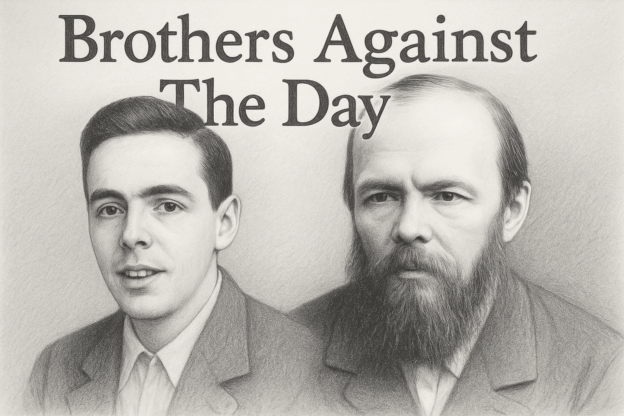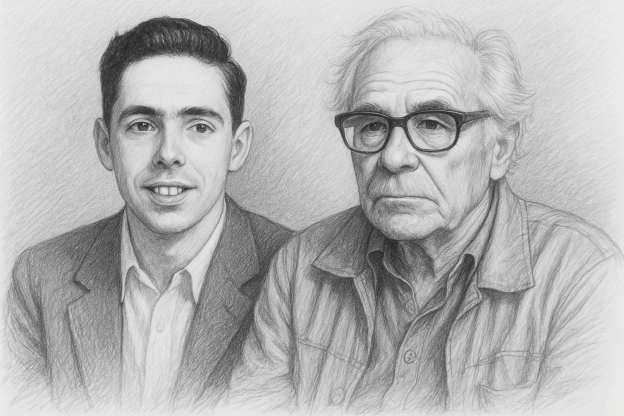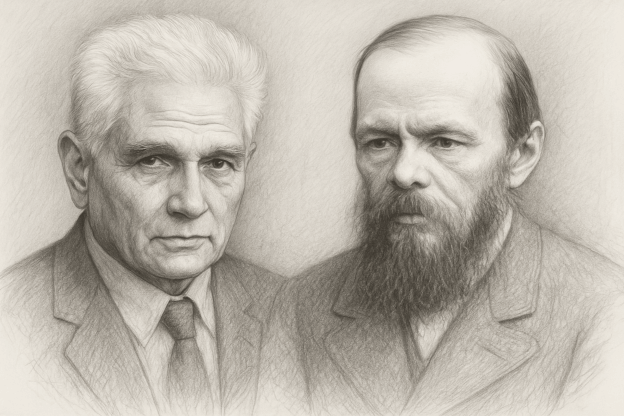Do you like Shakespeare? Me too. But I don’t need to go “all in” and lose sight you can just “enjoy” the stuff. This essay mounts a post-structuralist assault on Shakespearean canon-worship, arguing that four centuries of criticism function less as interpretation than as institutional maintenance. It interrogates why Shakespeare must always matter, why scholars struggle to like the plays without theory, and why universality is retroactively imposed. By stripping away reverence, the essay asks an obscene but clarifying question: “What if they are just entertainment for Elizabethan wankers?” and insists on Shakespeare’s mortality as a condition of honest criticism.
Continue reading


